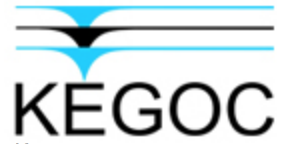City Moderator
Profession will appear after 2030
Trends

The cost of energy will rise. This is a trend in the modern world. Everyone will have to save energy: both enterprises and individuals. For part of the population, this can cause discontent. The specialists of the future will not only have to develop concepts of energy saving, but also work with the population, carry out explanatory work, reduce the tension of the population, and develop comfortable ways of energy saving.
The novelty of the profession: solving new problems: transforming the systems thinking of the urban population in the field of energy consumption.
Key competencies:
- Development of a concept for working with the population based on the adopted energy consumption policy
- Development of draft measures to promote energy efficiency
- Development of measures to reduce the discomfort of residents from energy saving
Over-professional skills

Systemic thinking

Environmental thinking

Lean
Educational institutions

Zhezkazgan University O. A. Baikonurova
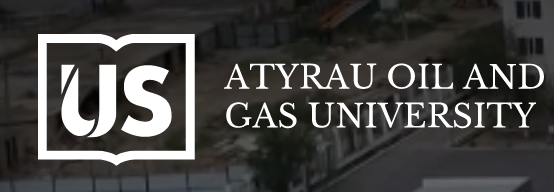
Atyrau University of Oil and Gas named S. Utebayev Atyrau

Almaty University of Energy and Communications

East Kazakhstan State Technical University named after D. Serikbaeva

North Kazakhstan State University. M.Kozybaeva

Innovative Eurasian University

West Kazakhstan Innovation and Technological University

Pavlodar State University named after S. Toraigyrova

West Kazakhstan Agrarian Technical University named after Zhangir Khan
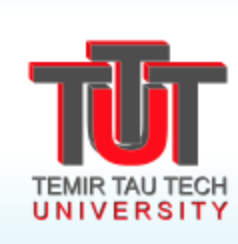
Karaganda State Industrial University
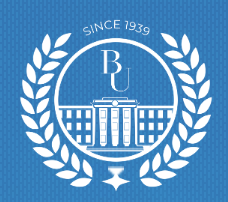
Kostanay State University named after A.Baitursynov

Kazakh National Agrarian University

Kazakh Agro Technical University named after S. Seifullina
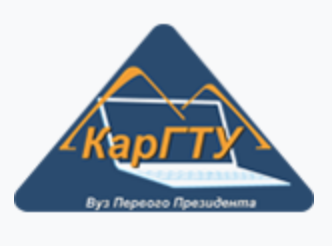
Karaganda State Technical University

Humanitarian and Technical Institute "Akmeshit"
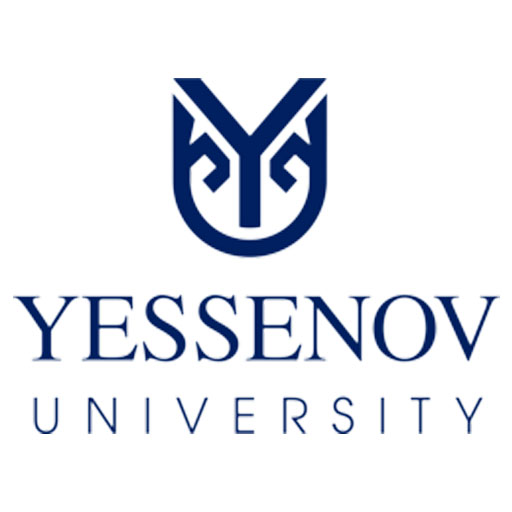
Ш.Есенов атындағы Каспий мемлекеттік технологиялар және инжиниринг университеті
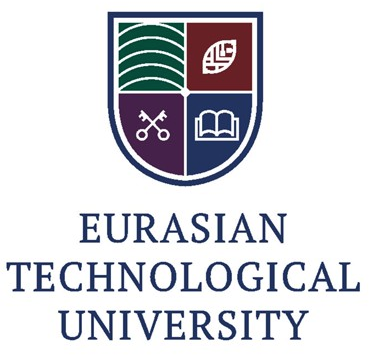
Eurasian Technological University

South Kazakhstan State University. M. Auezova
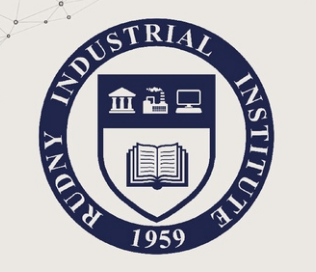
Rudny Industrial Institute

Taraz State University named after M.Kh. Dulati

Kyzylorda State University named after Korkyt Ata

Kazakh National University. Al-Farabi

International Kazakh-Turkish University. H.A. Yasawi
Companies in which this profession may be in demand

АО "ВК РЭК"
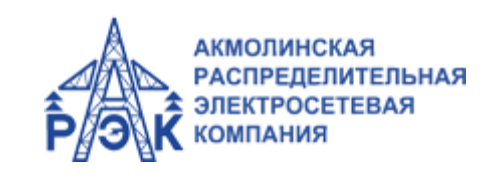
JSC "AREK"

АО «МРЭК»
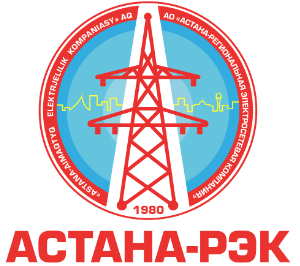
Group of Companies "Kazakhstan Utility Networks"

Energosystema LLP

LLP "Karagandy Zharyk"

JSC "Pavlodar REC"

JSC "West Kazakhstan REC"


